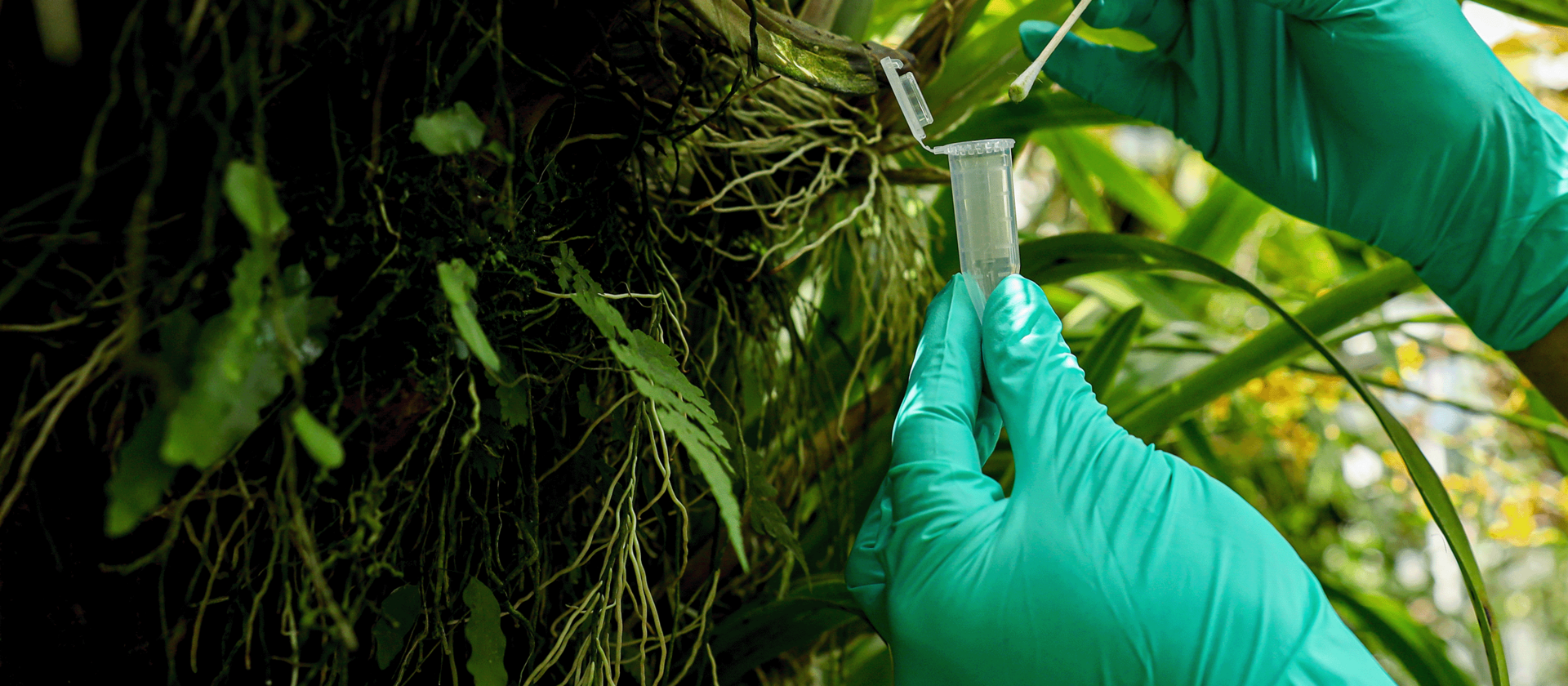
Dr Vinícius Freitas Klain
About
My name is Vinícius Klain, and I am a postdoctoral researcher at the Biotechnology Centre of the Federal University of Rio Grande do Sul (UFRGS) in Brazil. My research is part of a large, nationwide collaborative project called ResGen (ufrgs.br/resgen). The project aims to address the growing challenge of antimicrobial resistance (AMR) through genomic and metagenomic surveillance.
AMR is a global health problem caused by the excessive use of antibiotics, the lack of effective public policies, and environmental pollution. Although antibiotic resistance genes (ARGs) occur naturally in microorganisms, human activities have dramatically accelerated their selection and spread. As part of ResGen, our project combines genome sequencing of resistant fungi and bacteria with metagenomic analyses of various sources, including environmental samples, clinical isolates from humans, livestock, food and wildlife.
My research focuses on wild primates, particularly brown howler monkeys (Alouatta guariba). These primates inhabit fragmented landscapes and often live near human settlements, agricultural fields and domestic animals. Using high-throughput sequencing, advanced spatial analysis, and statistical modelling, my research investigates the influence of urbanisation, habitat loss, and fragmentation on the resistome of howler monkey populations (Alouatta guariba).
During my stay at the Helmholtz Institute for One Health, I will use a hybridisation capture approach to enrich metagenomic libraries and improve the detection of ARGs. I will also analyse samples from a river that receives untreated hospital and domestic wastewater to investigate how inadequate sanitation facilities promote the spread of ARGs in wildlife and ecosystems. My research will investigate whether hospital wastewater, urbanisation and habitat disturbance influence the diversity and origin of resistance genes in wild primates and whether these ARGs are phylogenetically linked to those in contaminated rivers, which could reveal potential transmission routes.
I will bring the expertise I have acquired here back to Brazil, where I intend to share these methods with students and colleagues in order to expand local research capacities in the field of antibiotic resistance. By integrating molecular tools, spatial ecology and the One Health concept, I hope my work will contribute to regional and global efforts to curb the spread of resistance genes between humans, animals and the environment.
